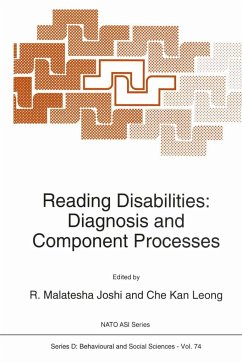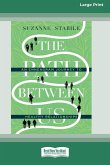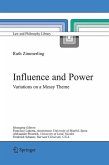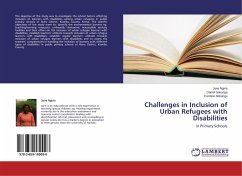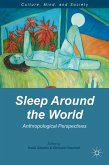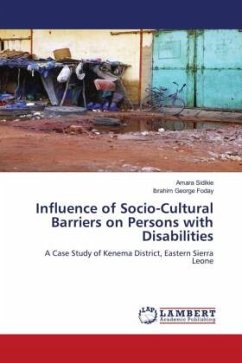This edited volume on diagnosis and component processes of reading disabilities is based on the NATO Advanced Study Institute held in late 1991. The book, consisting of 18 chapters from cognitive psychologists and neuropsychologists from different countries, is divided into three parts. Part I discusses current issues of differential diagnosis including the role of intelligence test scores and listening comprehension tests, and the use of individual profiles with different criteria across developmental and reading and writing skills. Part II examines language-related component processes in reading disabilities. This explication includes different processing models; phonemic awareness and phonological awareness; and the mapping of phonology and alphabetic orthography. Part III provides some answers to such relevant questions as the way readers/spellers access lexical knowledge and whether poor readers/spellers use different strategies. The data for this part derive from children speaking English, Danish, German, Dutch and Greek and converge on the importance of phonological processing in reading disabilities. These studies and the others attempt to answer the challenge of differential diagnosis. Researchers and senior students will find the volume a vital and stimulating addition to their library. (ABSTRACT) What is the nature of differential diagnosis of reading disabilities? Are intelligence test scores relevant? How important is pseudoword reading? What about listening comprehension? How best can clinicians supplement group results with individual developmental profiles of reading and writing skills? How do different models of language-related components within a cognitive-developmental framework explain individual differences in reading disabilities? What is the nature of phonemic awareness, phonological awareness within the broad context of phonological processing in children with reading disabilities? What are the differential strategies of poor readers/spellers? These are some of the questions that the international group of contributors attempt to answer from their different research programs.
Bitte wählen Sie Ihr Anliegen aus.
Rechnungen
Retourenschein anfordern
Bestellstatus
Storno

